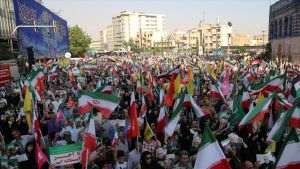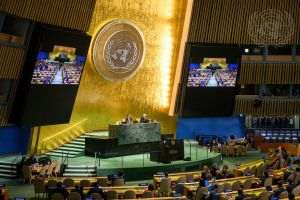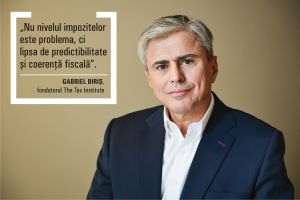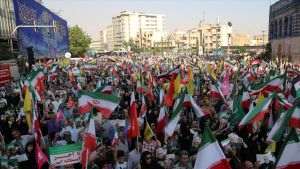The terrorist attack that happened two weeks ago against the editorial office of "Charlie Hebdo" led to three types of reactions:
1. Freedom of expression and the freedom of the press should not be limited, regardless of how radical their message is (B1TV, "Lumea lui Banciu" ("Banciu's world");
2. The journalists of "Charlie Hebdo" have disgustingly mocked "sacred things" (notorious graphic artist Eugen Mihăescu, on the website of the "Cotidianul"), which implies either that they deserved a punishment, either that they have deliberately created the dangerous situation;
3. Personal freedom is limited by other people's freedom, meaning that the right of expression should be used with discernment.
The first two are guilty of one-sidedness, the third of utopian superficiality, and all of them together, of the sin of faith in the fact that a legal algorithm, perhaps "an ethical recipe", could resolve this kind of problems and provide the solution for social harmony, in a world affected by all kinds of conflicts, of which in this case, the inter-religious ones an the one between faith and aggressive atheism require mentioning.
In practice though, no judicial system can prevent the violent reaction to the hurting of the one's religious persuasions, just like no normative system (not even the journalists' deontological code) can prevent the extreme and aggressive exploitation of the freedom of expression (lack of restrictions is the journalists' ideal anyway, which has been the object of our profession's continuous struggle).
I do not believe in "regulated freedom" and I will be quick to state that the expression is a contradiction in terms, which can lead to anything, including the so-called "democratic" journalism that we used to have under Ceauşescu, when censorship only intervened in subtle situations, because journalists actually did exercised the censorship themselves, and at any rate, they had been themselves heavily filtered themselves, since their recruitment, and they continued to be filtered, in their daily work process.
I think that the equation of this problem can not be resolved algorithmically and that it needs to be placed in the larger context of the disappearance of sacredness in the contemporary world, regardless of whether we are talking about those who share a religious belief or about atheists.
Because, essentially, between the atheistic notion of "infamy" (vileness) and the religious notion of "blasphemy" (mocking divinity) the distinction is minimal, of a taxonomic nature (to some, "blasphemy" is a particular case of "infamy", to the others, it is the other way around); atheists can consider the mocking of Prophet Muhammad a vile act, whereas Islam considers the killing of the journalists as blasphemous ("Every man is a word of Allah" - Ibn al Arabi).
In my opinion, just like no commercial agreement, regardless of how cautious and comprehensive it is, can protect someone against being scammed, unless it is accompanied by the good-faith of the parties, neither can the legislative system harmonize cohabitation, without the crumb of sacredness that integrates the individual into the community and generates the community's care for the individual, thus separating us from the anthills and from the beehives.
And the notion of "sacredness" is not exclusively religious, it is also acceptable to atheists.
I think that the tragic case of "Charlie Hebdo" raises a far worse issue of the contemporary society, for which the solution is not the idiotic idea of regulating freedom.
Article reproduced from Bucarest Hebdo





















































